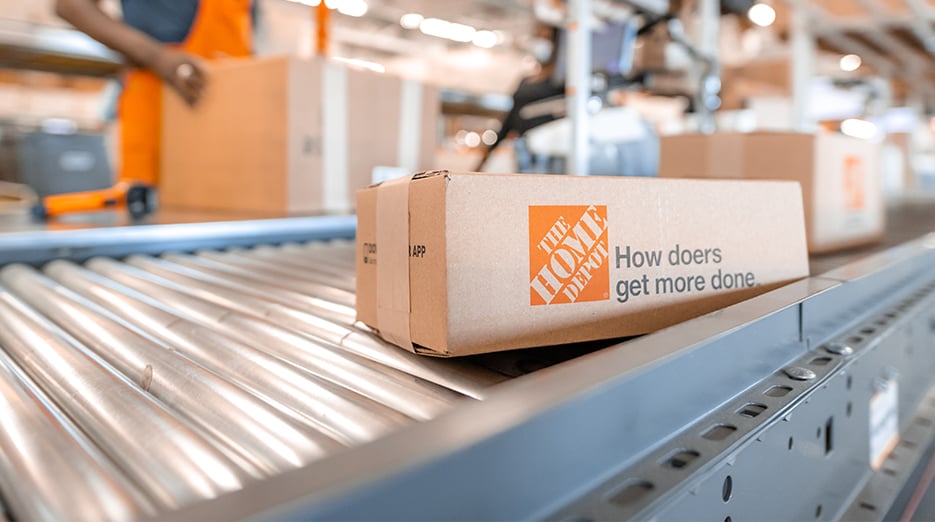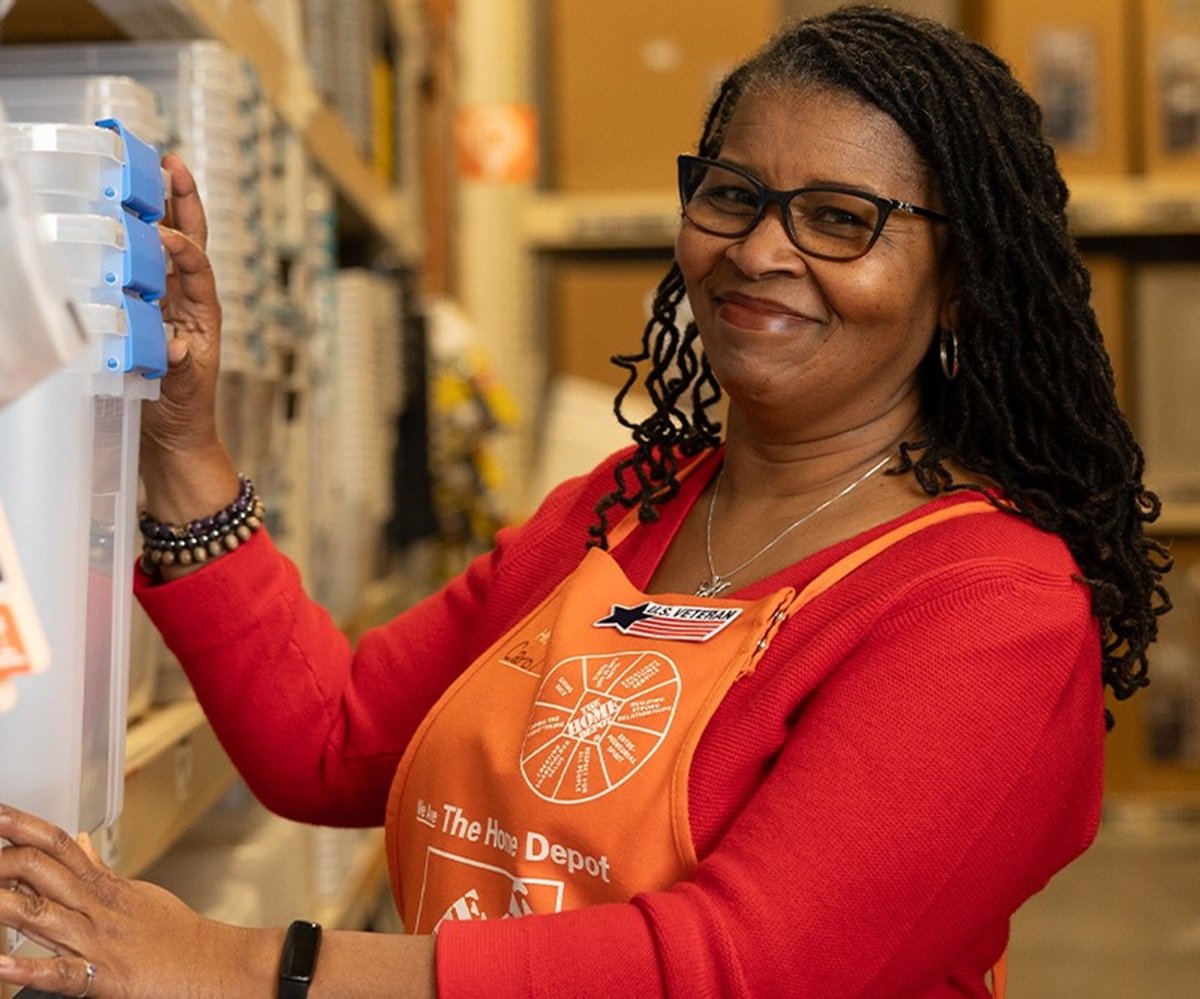
Home-improvement giant Home Depot (HD +0.27%) has been an extremely successful stock over the long run, producing average annual returns of almost 15% during the past 20 years. A large part of Home Depot's strategy has been to buy back its own shares, and recently, the company has boosted the pace of its buybacks. The question for investors is whether Home Depot will have the ability to keep repurchasing shares even if conditions in the industry change, and the potential for greater competition with rival Lowe's (LOW +0.20%) could require Home Depot to divert some capital toward efforts at growth.
Let's take a closer look at what Home Depot has done with its buybacks and what it's likely to do in the future.
Bouncing back after the housing bust
Home Depot benefited greatly from the housing boom, and the company built up a track record of rewarding its shareholders by buying back stock. The amount the home-improvement retailer spent on buybacks climbed steadily in the mid-2000s, reaching a peak of $10.8 billion in the fiscal year ending in February 2008.
Investors remember all too well what happened next. The financial crisis sent stock prices down sharply throughout the market, and Home Depot wasn't able to avoid the downturn. Liquidity in the capital markets dried up, and companies like Home Depot and Lowe's chose to take steps to preserve their capital. In Home Depot's case, that involved cutting back buybacks to nearly nothing during the fiscal 2008 and 2009 years.
Gradually, though, Home Depot has returned to its commitment to do buybacks. In fiscal 2010, Home Depot spent $2.6 billion on buybacks, and that picked up to nearly $4 billion two years later.
A bigger commitment to buybacks
In early 2013, Home Depot redoubled its strategic plans to return capital to shareholders. The retailer said it would boost its dividend by 34%, but even more importantly, it also approved a whopping $17 billion buyback authorization. The plan, which was to remain in effect through fiscal 2015, led to actual spending of more than $15.5 billion during fiscal 2013 and 2014.
This time last year, Home Depot once again one-upped itself, implementing an $18 billion authorization for stock repurchases by the end of fiscal 2017. Since then, the company has spent $7 billion more on buybacks. The result has been a sharp push higher for the share price, and Home Depot's unrelenting support for the stock has made investors feel confident that the buybacks aren't likely to stop anytime soon.
Will Home Depot keep up its buybacks?
Home Depot still has about $11 billion on its current buyback authorization, and the company has indicated its willingness to keep looking for opportunities to make repurchases. As company executives said shortly after the 2015 authorization of the current $18 billion repurchase program, Home Depot seeks to keep an adjusted debt to EBITDA ratio of less than 2, so it has upper limits on how much money it can borrow to support its buyback efforts. Nevertheless, Home Depot expects to take advantage of favorable market conditions when they arise to make strategic buyback decisions.
Some investors have balked at the idea that Home Depot has continued to buy back shares aggressively even as its stock price has climbed through the roof. Yet the company's fundamentals remain sound, and in many respects, Home Depot continues to outpace Lowe's in key growth areas that point to future success. As long as Home Depot can stay ahead of Lowe's and generate the cash flow investors have come to expect from the home-improvement leader, then you can expect the strong repurchase activity in Home Depot shares to continue.







